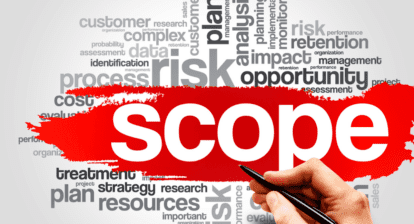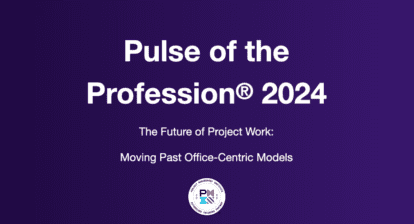 Authenticity in business generates a relationship with people that makes individuals feel secure with both the product and the company. Authenticity is particularly important in this time in history as people are seeking genuine relationships. In a recent U.S. Census, the new business generation (ages 18-34) was identified as the largest generation in the nation. This generation is looking, even more, for authenticity and relationship, and this applies as both consumers and employees. The added value of authenticity is a more connected and productive work environment. Soft Skills are valuable for helping to create authenticity for an organization. Integrate the following three activities into your business practices to reach for more authenticity in your workplace.
Authenticity in business generates a relationship with people that makes individuals feel secure with both the product and the company. Authenticity is particularly important in this time in history as people are seeking genuine relationships. In a recent U.S. Census, the new business generation (ages 18-34) was identified as the largest generation in the nation. This generation is looking, even more, for authenticity and relationship, and this applies as both consumers and employees. The added value of authenticity is a more connected and productive work environment. Soft Skills are valuable for helping to create authenticity for an organization. Integrate the following three activities into your business practices to reach for more authenticity in your workplace.
1. Create a Clear Message
Be clear about the behaviors and goals that say you care. There are many examples of businesses offering a clear message for their companies. Successful messages usually convey the idea that the customer is important to you. When you have a clear message, you give your customers an understanding of what they can expect when they interact with you or your organization. A clear message manages expectations, which reduces misunderstanding and miscommunications. This starts with choosing the brand you want to maintain and then setting an intention for the behaviors and goals that support the message. The objective is to reinforce your message every time you engage with the consumer.
The idea of a clear message also applies to your employees. Once you have a clear message, define the behaviors you are looking for in your employees. Employees who are aligned with the message or brand of the company will contribute to a more authentic corporate experience. You can also outline behaviors and goals when you hire new employees, so that you continue to reinforce the message with each new hire. Ask new employees what message they feel would exemplify your organization. What will they do to enhance the company’s message? As you grow your business, you may find people who have the skills that you need to complete work tasks. However, a more authentic experience occurs when your employees also have what it takes to align with your message. Hire in a way that results in qualified employees who also reinforce the branding message that you want to use.
2. Maintain Consistency of Words and Actions
When words say one thing and actions go in another direction, you cause small fractures within your company brand. These fractures, over time, break down your business by reducing trust in your company. Essentially, you weaken the authenticity of your organization. Successful, authentic enterprises maintain an alignment between what they say and what they do. Matching words to actions builds a relationship by creating an environment where people know that they will get the experience that the brand states.
Aim for consistency with the commitments that are made by individuals within the company, too. For example, if you say you have excellent customer service, then employees should be putting as much effort into behaviors of excellent customer service as they do for the goals of the brand.
3. Exclude Judgments
Don’t think of people and situations as good or bad or wrong or right. When you take these judgments out of the workplace, you create a place where employees can focus on the future and deal with challenges as they arise. Black and white thinking propels people towards the past to assign blame or relive the situation, and this backward movement muddles the message. Judgments of good or bad or wrong or right look at the value of the person, which almost always becomes personal, instead of keeping the focus on finding a solution. Authentic enterprises find value in keeping the focus on the brand of the company and finding solutions to difficulties as they arise. There is a subtle difference between a workplace that states that an individual is wrong versus a workplace that says we need to find another way.
These three soft skills can become an added support to your work and your organization. Taking time to integrate these behaviors into your work and the culture of the workplace will strengthen the success of your business and help bring authenticity to all your business interactions.
Related Content
Webinars (watch for free now!):
From Task Manager to People Manager – The Next Generation of Project Managers
Collaborative Project Management – Process & Power Skills
Articles:
Common Issues in Project Management #3: Micromanaging the Team
Ten Project Management Truths
Communication: 5 Ways to Improve Your Project’s Lessons Learned






